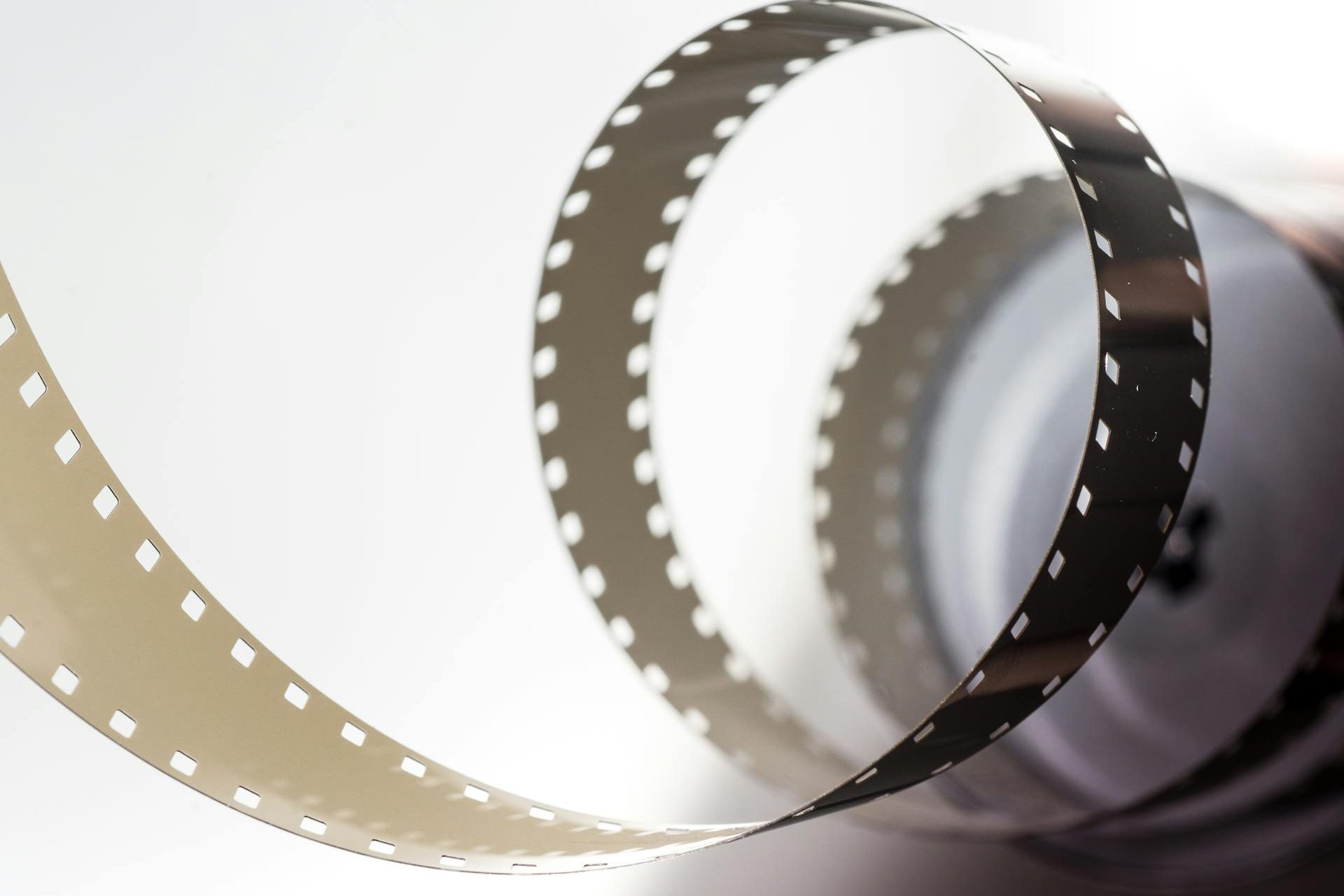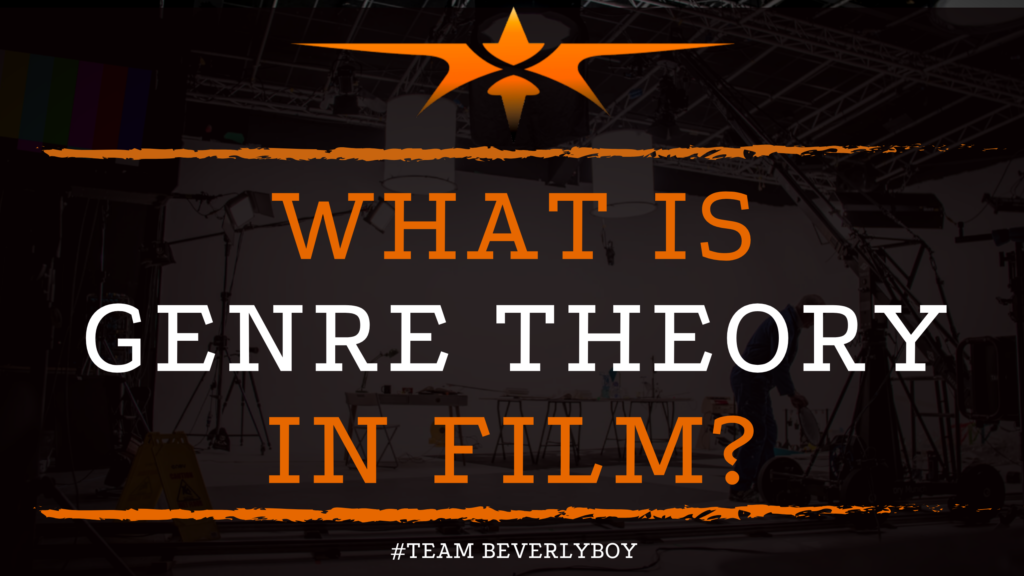What is Genre Theory in Film?
As an author, you might be pleasantly surprised if a production company were to approach you with the idea of producing your book into a movie. The authors of copyrighted books often give permission to filmmakers to produce adaptations of their book on film, but at what cost? How much do book authors receive for film rights on average?

What is Genre Theory in Film?
Genre Theory represents the ideas and topics surrounding various means and methods of categorizing films based on various aspects.
In essence, Genre Theory is the process of categorizing films based on various conventional factors. It represents a way of categorization that has been respected in the film industry for a very long time.
Recognizing Genre Theory, classic characteristics may be used to categorize films.
Including the following factors, features, or recurring symbols:
- Narratives
- Characters
- Filming Techniques
- Format Features
- Settings
- Plot
- Star Personas
- Camera Shots
- Cinematography
- Editing Styles
What’s the Purpose of Genre Theory in Film?

Much like an audience may have specific ideas about a film when they know a specific director was involved or if there’s a specific actor involved, expectations are also devised based on the film genre.
In fact, film genre theory is utilized by filmmakers to incite a certain expectation from the target audience.
Using Genre Familiarity, studios are able to create films that attract audience attention and drive their desire to engage and watch the film.
For example
Audiences that are not “fond” of musicals, may not see a film if they don’t believe that they will enjoy such a type of film or if they’ve never watched a musical before and appreciated it.
However, incorporating this genre into a film of an entirely different genre, such as a scene where characters sing in a musical as part of a comedy film, would potentially incite the audience to enjoy and appreciate the film.
In this instance, film genre theory is seen to actually limit views as audiences steer away from films of a particular genre simply because they think they don’t like that particular genre.
Genre Theory Impacts on Filmmaking
So, when you ask, “What is Genre Theory in film?” We’re inclined to think about the various ways that genre theory is found to impact filmmaking.
Not only does Genre theory essentially state that audiences are drawn to particular genres and have their own expectations of various film genres that could limit them from engaging in other genre or potentially change their expectations of the film based on the genre.
We see film genre theory impacting movie making in a variety of ways such as:
- Audience: Knowing the intended audience for a film before it is created is important because the genre will potentially impact who has interest and will also impact the audience expectations of the film.
- Marketing: Understanding genre theory is important because it can help Producers and those involved in the film to promote the film to the desired audience. People connect with specific film genres and tend to watch many of the same or similar genres or sub genres that appeal to them.
- Time Periods: Much of Genre Theory surrounds knowing about the era in which a film was created, especially when considering technology.
Some problems exist with genre theory
When asked, “What is Genre Theory in film?” we think it’s important for you to understand the potential negative aspects of this type and style of film categorization.
Film Genre theory isn’t a perfect system and it’s not always easy to categorize a film or to apply a genre to it. Technology also deeply impacts genre theory and continues to redefine variables that are involved in the categorization.
Thus, a film that was considered an action film several years ago, may not really be that “Active” now, so is it still an “Action” film or is it something else?


